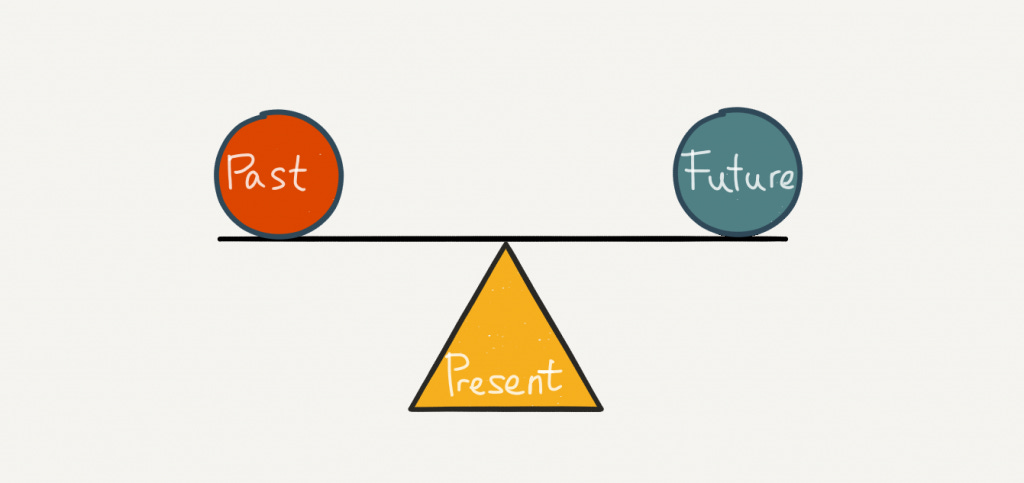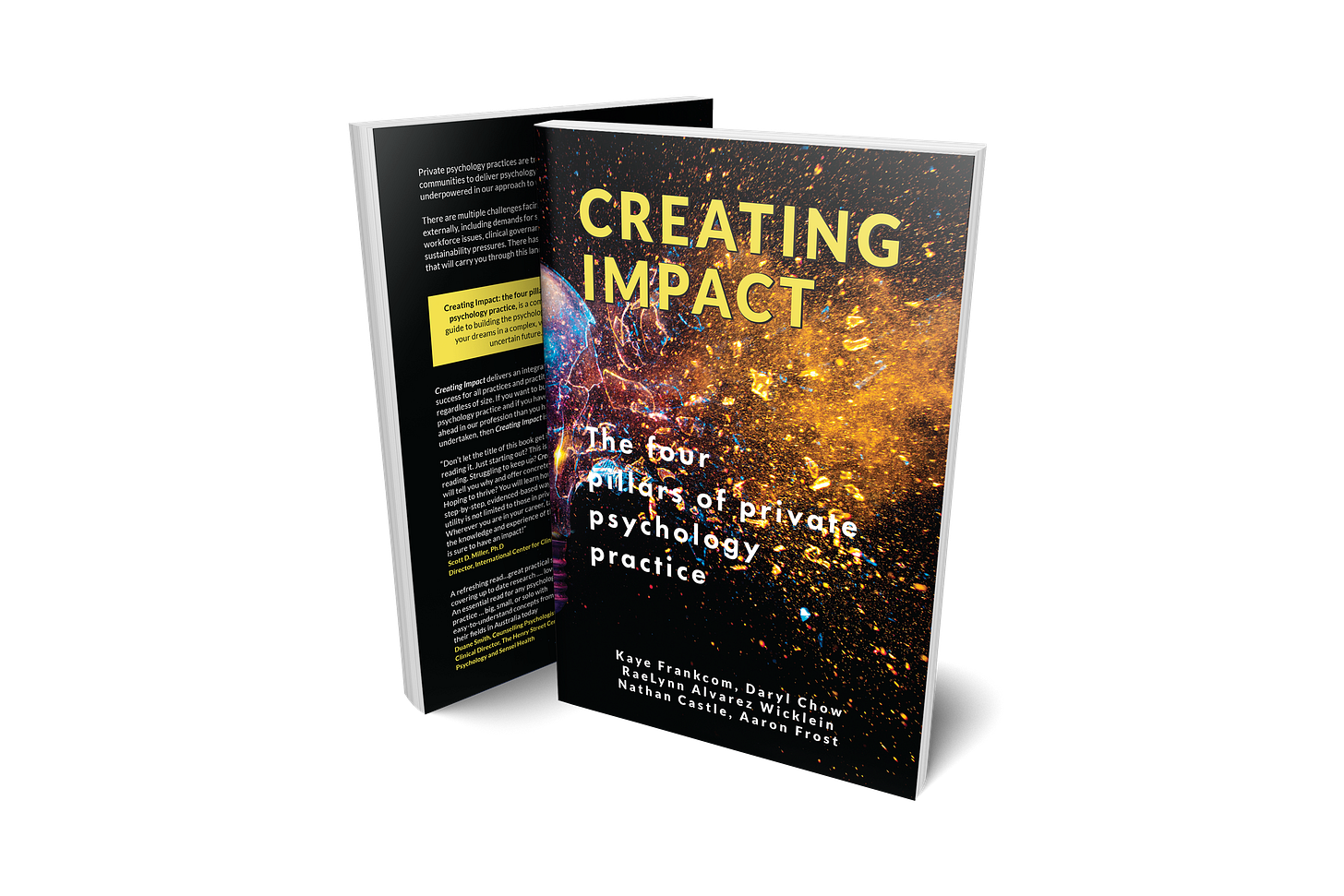Frontiers Friday 118: Play (Part III)
Why adults lose the beginner's mind, improv comedy, and turning working into play.
In case you missed it, here’s the first two parts on the topic of Play:
Onward with Part III!
🎧 Listen: Why Adults Lose The Beginner’s Mind
Alison Gopnik’s book “The Gardener and the Carpenter” is probably going to surface as a recommendation when Frontiers Friday covers the topic on parenting.
In this podcast The Ezra Klein’s Show, Gopnik touches on some interesting perspective:Instead of asking what children can learn from us, perhaps we need to reverse the question: What can we learn from them?
The different between a spotlight and lantern consciousness e.g., why “going for a walk with a 2-year-old is like going for a walk with William Blake.”
This episode transcript is also available here.
📽 😂 Watch: Whose Line Is It Anyway?
Even if you have ever watched this improv comedy sketch before, I recommend that you watch it again.
As I examined my outcomes looking for patterns that might be play out in my client data (see blogpost Solving for Patterns), looking at the differences between successful and unsuccessful cases, 1 out of the five patterns I found was related to a lack of playfulness.
Watching a show like Whose Line Is It Anyway isn’t going to solve the issue, but it can be a catalyst to spark some nimbleness. Besides, laughter widens the lens and opens the heart.Note: I’m hoping to run a short training on what we can learn from improvisation and apply them into clinical practice. If this interests you, do email me.
📕 From My Desk, Full Circles (Archive): The Playful Present
Especially in this season, I hope you seek the spirit of playfulness.
🎧 Listen: Turning Work into Play
There is an infectious quality listening to Daniel Gilbert speak. The author of Stumbling into Happiness appears on Steve Levitt’s podcast, People I (Mostly). I recommend listening to its entirety.
Gilbert talked about an experiment that people rather shock themselves than to be bored is rather shocking.
Another interest part of the conversation was his elaboration on an article he co-author called “If Money Doesn't Make You Happy Then You Probably Aren't Spending It Right.”
Here’s 3 out of the 7 recommendations from the study:
i. Buy more experiences and fewer material goods;ii. Use their money to benefit others rather than themselves;
iii. Buy many small pleasures rather than fewer large ones.
Some relevance to this Christmas season.⏸ Words Worth Contemplating:
“It is utterly false and cruelly arbitrary to put all the play and learning into childhood, all the work into middle age, and all the regrets into old age.”
~ Margaret Mead
Reflection
In this Christmas season, what is one thing you can do—as unlikely as it might seem at first—to lighten your heart and widen your lens?
p/s: Merry Christmas to you and your loved ones.
Announcements
1 more week left to join the 13th cohort of Reigniting Clinical Supervision (RCS).
Are you a clinical supervisor?
If so, the online course Reigniting Clinical Supervision (RCS) that has been going on for more than 4 years is about to begin it’s next cohort.
Start Date: 2nd of Jan 2023, Mon.
Registration Closes: 30th of Dec 2023, Fri.
RCS is specifically designed to help you raise the bar of in supervision, and become more effectual with therapists, so that your positive impact promotes therapist’s development, and ultimately impact their clients.
Special Discount Code:
If you are reading on the Frontiers list do use the following exclusive 12% discount promo code: FRONTIERSVIP.
And if you are residing in a country where your currency is at a significant disadvantage, please drop me an email. If you are interested, I wanna help.
I’ve addressed the issues of clinical supervision in various places. For example:
Clinical Supervision at the Crossroads (An interview on Psychotherapy.net)
Frontiers Friday #30, #31, and #32 on the research findings of clinical supervision.
BIG HUGS TO NEW PEOPLE WHO ARE AT THEIR FRONTIER!
If you've just joined us, I'm glad you can join us at the "bleeding edge." Feel free to check out the back catalogue of Frontiers of Psychotherapists Development (FPD). You might also want to go into specific topics in the FPD Archives like
And if you want to see past newsletters, the entire archive is now made available in substack.
In case you missed it, see the most recent missives
Devotion to the Craft (6 Parts)
Caring for People in Organisations (3 Parts)
Clinical Supervision (3 Parts)
Feedback Informed Treatment (4 Parts)
Unintended Consequences (2 Parts)
Deep Learner (4 Parts)
Going Further with Deep Learner and The Use of Obsidian (6 Parts)
See What You Hear, Hear What You See (4 Parts)
Trauma (3 Parts)
Deliberate Practice (5 Parts)
Empathy (6 Parts)
Therapist Effects (2 Parts)
Client Point of View (4 Parts)
Tech Tools for Therapists (4 Parts)
Emotions (6 Parts)
Sensitivity (3 Parts)
Alliance (6 Parts)
Existence (6 Parts)
My other blog site is called FullCircles: Reflections on Living
By the way, don't feel bad if you want to unsubscribe to this newsletter. This might not be for you. The last thing I want is to add to the anxious clutter of our inboxes.
Daryl Chow Ph.D. is the author of The First Kiss, co-author of Better Results, and The Write to Recovery, Creating Impact, and the forthcoming book The Field Guide to Better Results.
Note:
These newsletter are free, but many hours are spent handpicking the curated list that make it to Frontiers Friday, as well as writing the essays and recording the videos and podcasts. Amazon affiliate links, if any, are to help ease the costs. You can also support the sustenance of this work by picking up any of the books, dive deep into our courses, or gifting them to others.
Big thanks.
Please excuse any typos.





